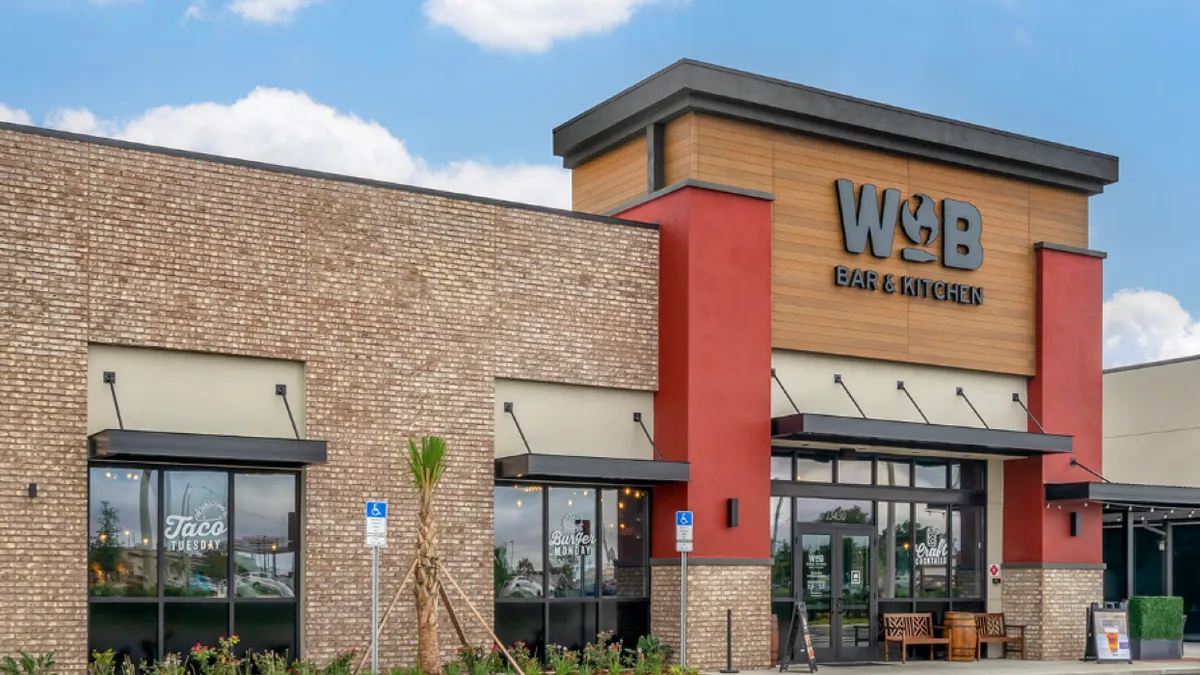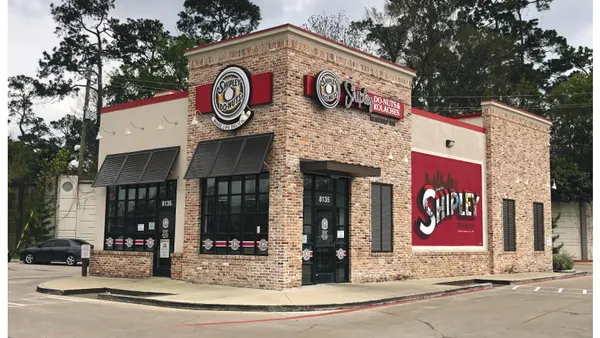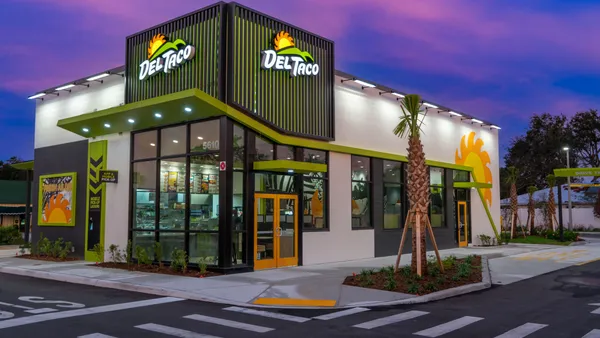Dive Brief:
- World of Beer emerged from Chapter 11 bankruptcy in December, according to a press release emailed to Restaurant Dive.
- The company said it restructured its debt as part of its Chapter 11 process and that it is receiving continued inquiries from potential franchisees.
- The casual chain filed for bankruptcy in August when it had 33 units open. It had closed 14 locations over the past 12 months. It was one of a handful of casual chains, including Red Lobster, Buca di Beppo and TGI Fridays, to file for bankruptcy protections last year.
Dive Insight:
Further growth could help improve the cash flow issues World of Beer had leading up to its bankruptcy. CEO Paul Avery said he expects to open four to five franchise locations annually during the next five years. At this rate, the company could nearly double its store count by 2030. World of Beer ended 2024 by opening a location on Dec. 21 in Fort Worth, Texas, in addition to recently opened locations in Hinesville, Georgia and Odessa and Jacksonville, Florida. It also expects to open a restaurant in Annapolis, Maryland, early this year.
“We remain deeply committed to serving our loyal customers, supporting our employees and franchises, and driving innovation and growth in a competitive market,” Avery said in a statement. “I believe this is just the beginning of a prosperous new chapter for our brand.”
The company filed for bankruptcy, citing consumer pushback on price increases, debts to landlord and banks, litigation with two franchisees and high interest rates that contributed to diminishing cash flow. World of Beer was established with a low capital investment model that led to a successful franchising business. However, many operators didn’t have enough restaurant industry experience and ended up passively operating their restaurants, according to court filings in the bankruptcy case.
World of Beer lost several court battles stemming from a food and spirit program Avery introduced in 2013 when he bought a controlling share in the business. Franchisees were reluctant to deploy more capital and change kitchen operations, according to court records. Operators sued the company, costing it royalty payments and legal fees.












